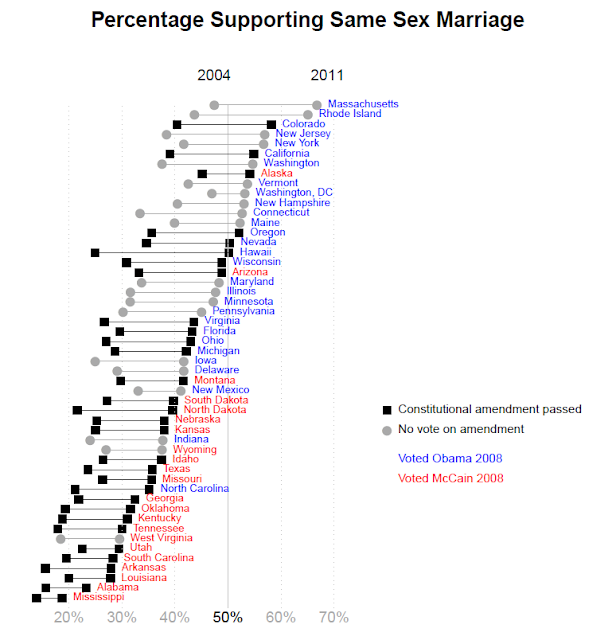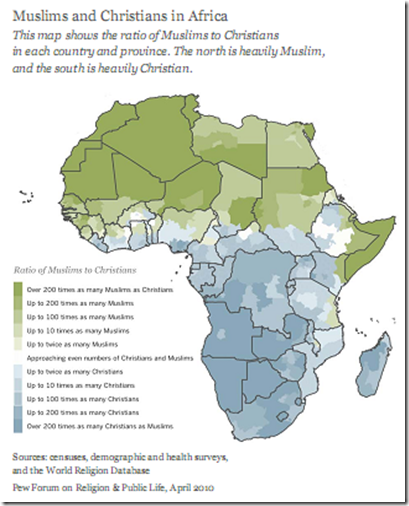So despite not believing, I’ve always been curious about religion. Clearly most human beings do believe in something supernatural, which is interesting and worthy of some thought. I was struck a few years ago by Alain de Botton’s book “The Consolations of Philosophy” how my modern liberal ethics and values are not in fact rootless, but deeply rooted in centuries of philosophy, and how us modern liberals are missing something that the church provides - people who’s job it is to be a kind of very practical applied philosopher, translating all this history and helping people to live better and cope with difficulty (Alain then made this argument himself explicitly in a follow-up book “Religion for Atheists”). I’ve also been struck by the economics research on happiness, which finds that people who practice religion tend to be on average happier, and that this is probably partly due simply to turning up to the same place every week with the same group of people, and partly something to do with the actual content - the consolation of the philosophy.
So my very rational calculating mind has turned further and further away from my earlier extremist Dawkins-ist atheism-ism (I don’t like religion because too many religious teachings are homophobic) towards greater curiosity with things like de Botton's "School of Life”, "the Sunday Assembly”, and modern Stoicism. My granddad actually even had a “humanist” funeral (I knew he was not religious but had no idea that he was so actively committed to non-religion), so this strain of thinking clearly runs in the family.
Then one day a couple of months ago I walked past the sign outside the church on Newington Green near where I live, proclaiming itself “The Birthplace of Feminism”, and remembered to look it up when I got home. And so as it turns out, this is the church that Mary Wollstonecraft attended in 1792 when she published “A Vindication of the Rights of Woman”, one of the first works of feminist philosophy, well over a century before the Suffragettes campaigned for votes for women. Pretty cool. And then it turns out, the current Minister of the church, Andy Pakula, is an atheist. An atheist with a PhD in biology from MIT who loves science. He writes: "As a scientist, I would not entertain any ideas that could not be proven in a well-designed, objective experiment.” This is a church that stopped carrying out marriages in 2008 on principle until all couples had equal marriage rights.
And so, living 5 minutes walk away, I really had no excuse not to go. And it’s great, a place of “radical inclusivity”, where you are "welcome whether you are female, male, or other”, or anything else, and people come together to sing and listen to readings and share personal struggles and sit in silence.
This last Sunday before Christmas we had a very appropriately themed set of nativity stories (about weary travellers being told that there’s no room at the inn), seamlessly mixed with a heavy dose of amazing current stories, from a member of the congregation who just got back from spending a week helping and welcoming refugees landing on a Greek island, and from the church's charity of the month, which is a social club named Akwaaba (Twi for “welcome") in Hackey, for refugees, asylum seekers, and migrants. We’ve actually got loads of room at the inn (in fact the inn is facing a massive aging population crisis such that we need millions of working aged people to come live in the inn if we’re going to have any hope of paying for all those pensions), so it’s nice to be around people who appreciate that too.
So to conclude; research suggests that participating in an organised religion makes you happier, and if you’re a woolly secular liberal like me, then there are churches out there that are secular, actively pro- gay rights, pro- migrant rights, and radically inclusive.
Happy Christmas.
If you fancy taking a look, New Unity has a blog, a livestream on Sunday mornings, and a Youtube channel, but obviously none of these compare to being there in person, and there’s also a whole worldwide Unitarian/Universalist church movement (though it’s possible that not all the other churches will have atheist and MIT-trained scientist Ministers).


